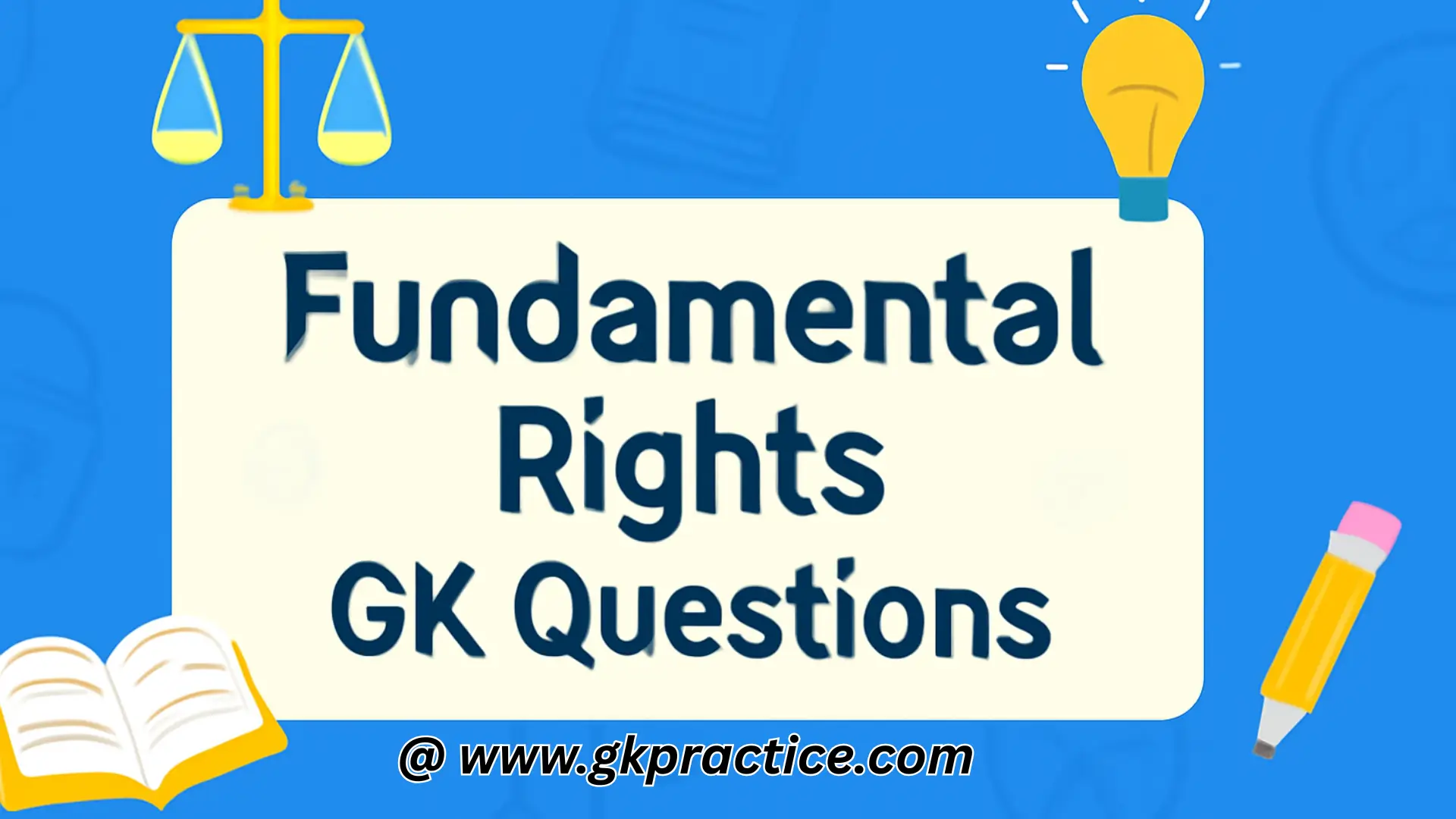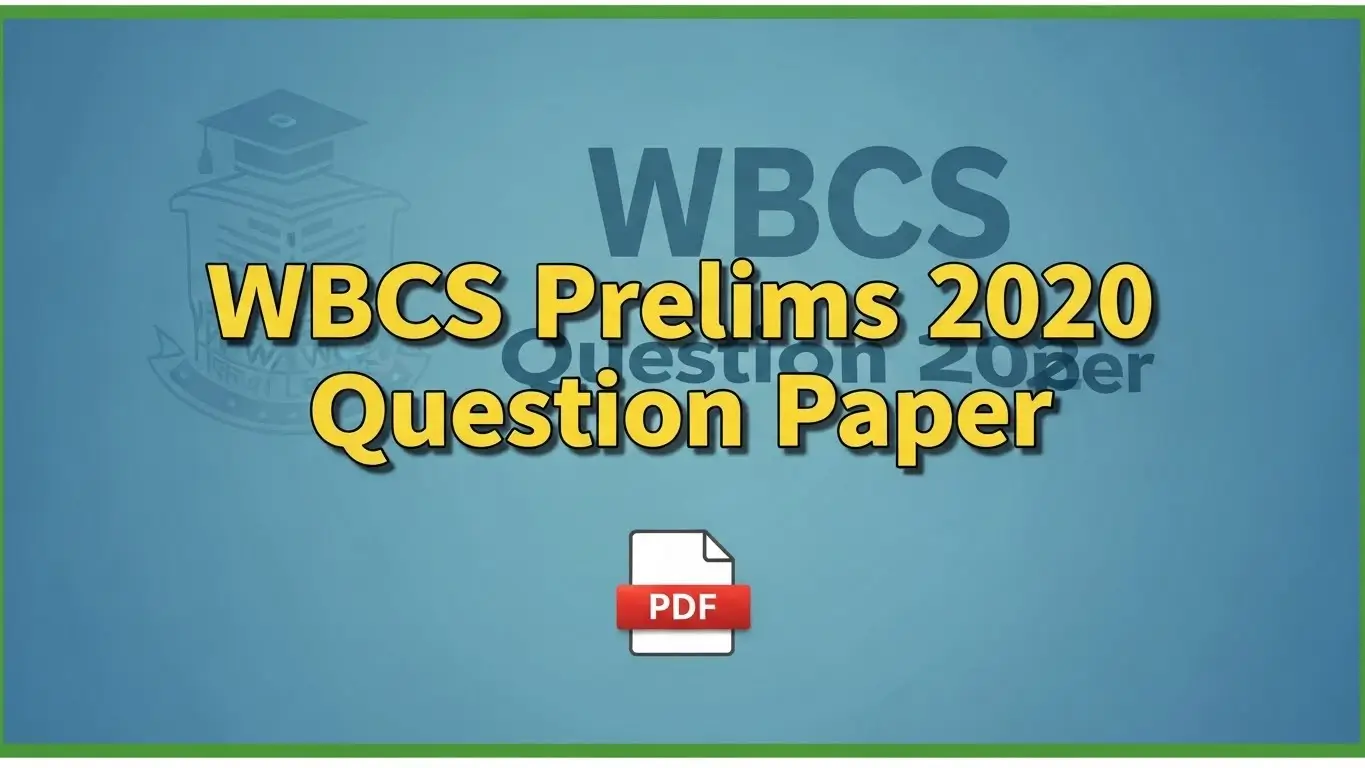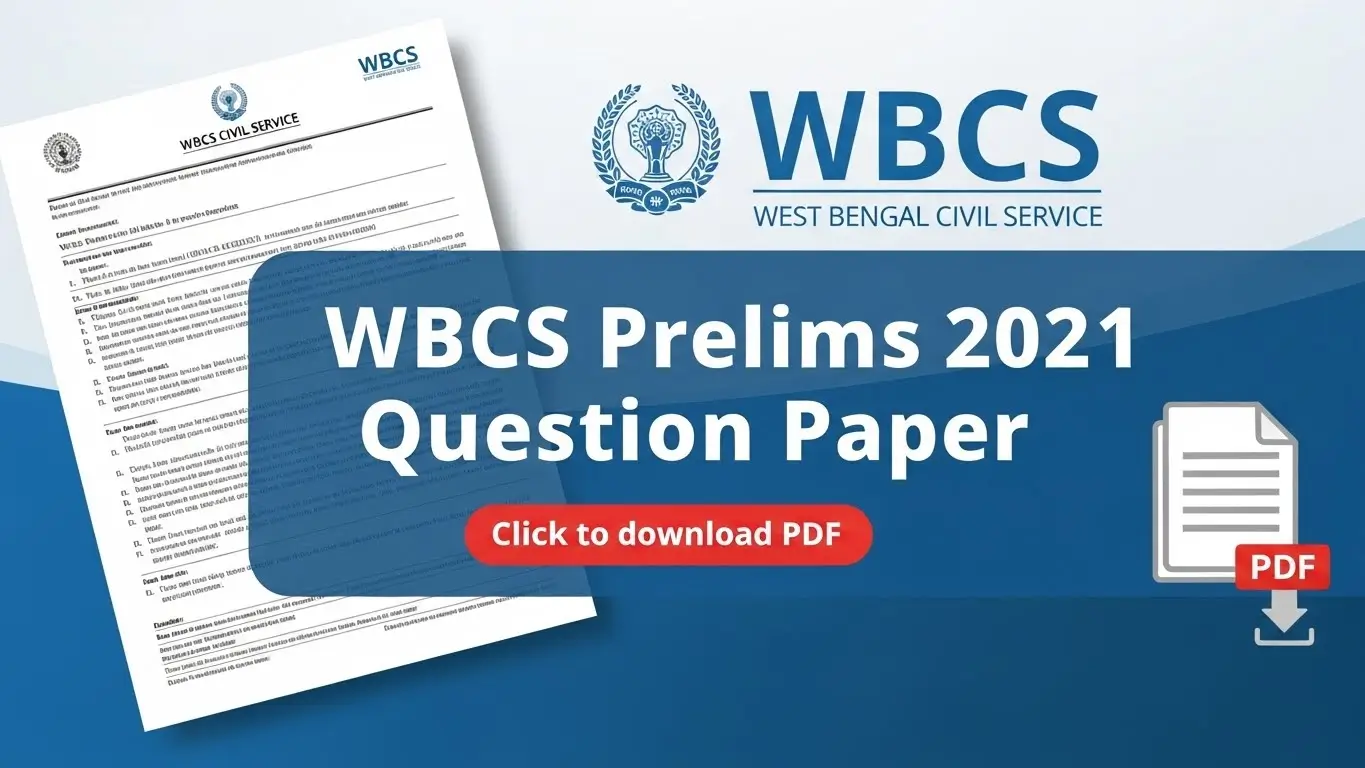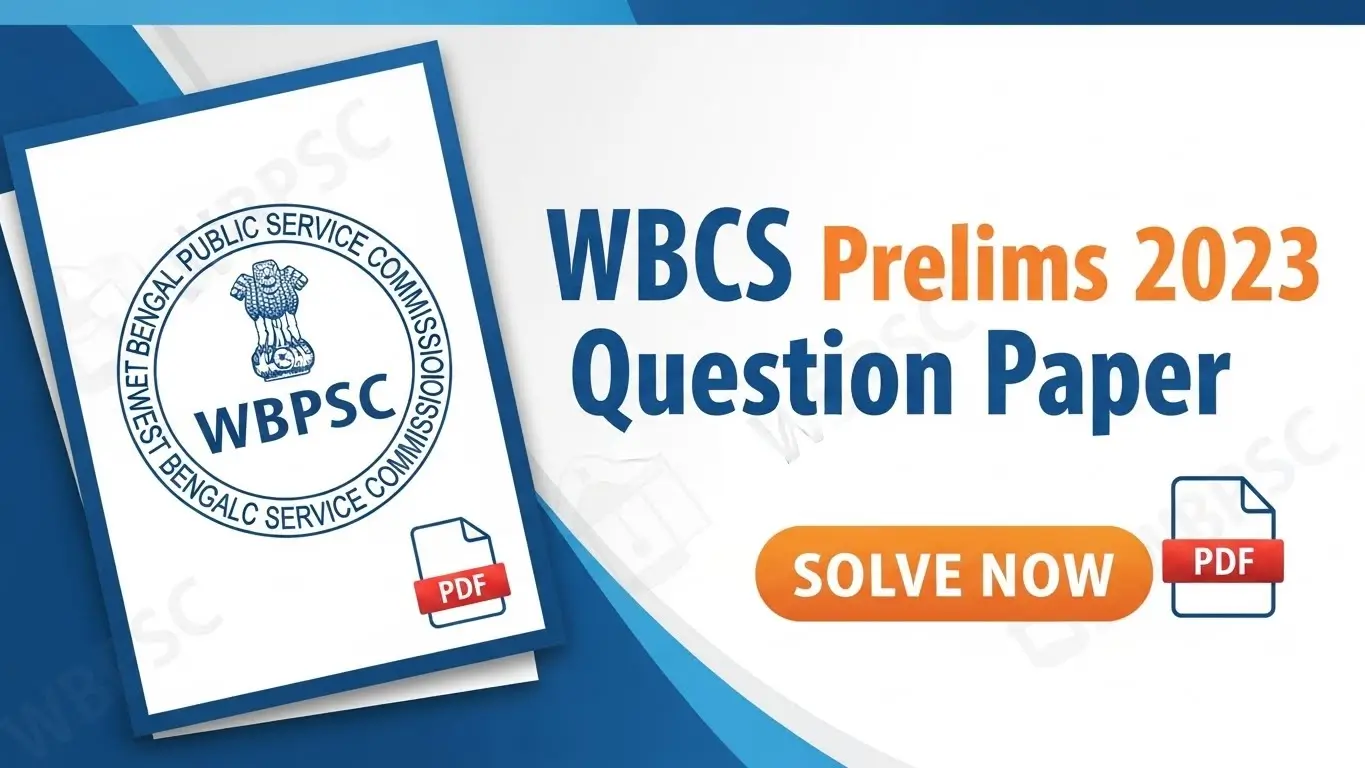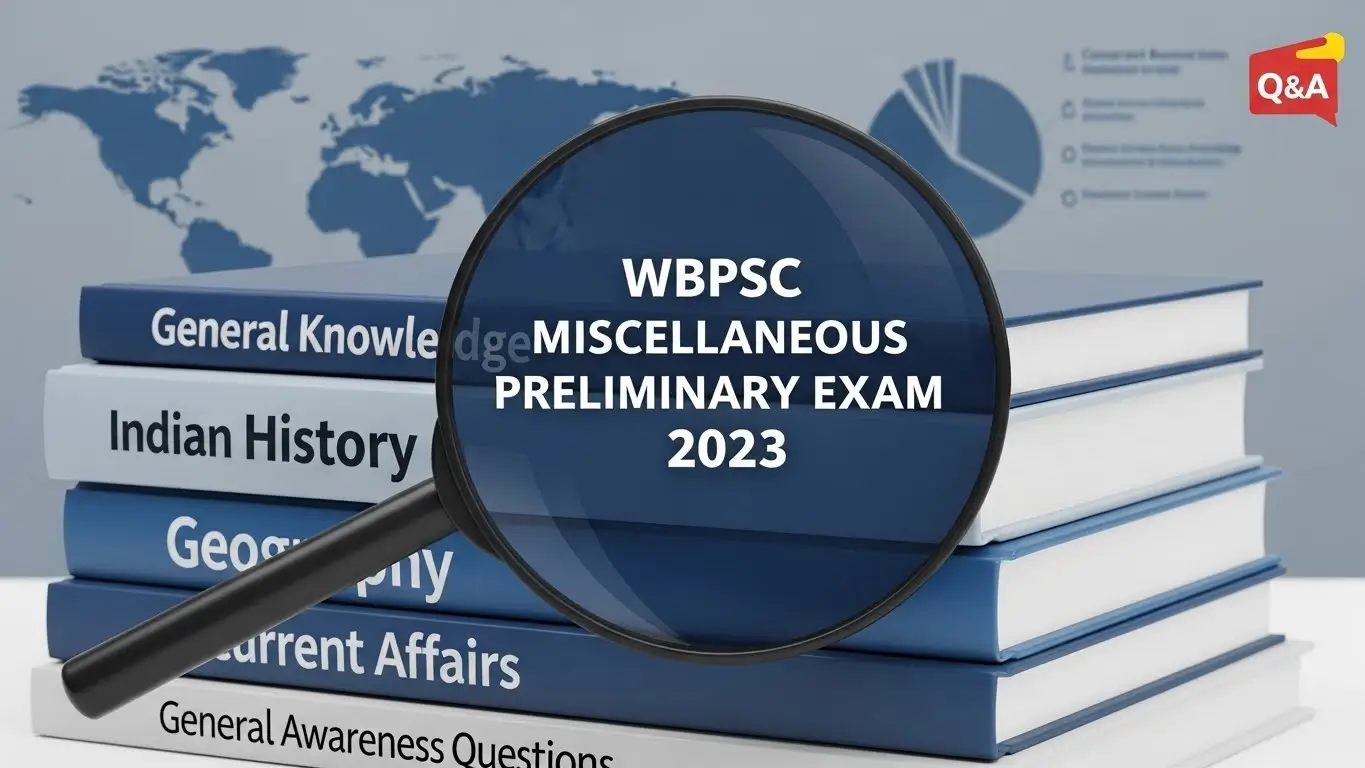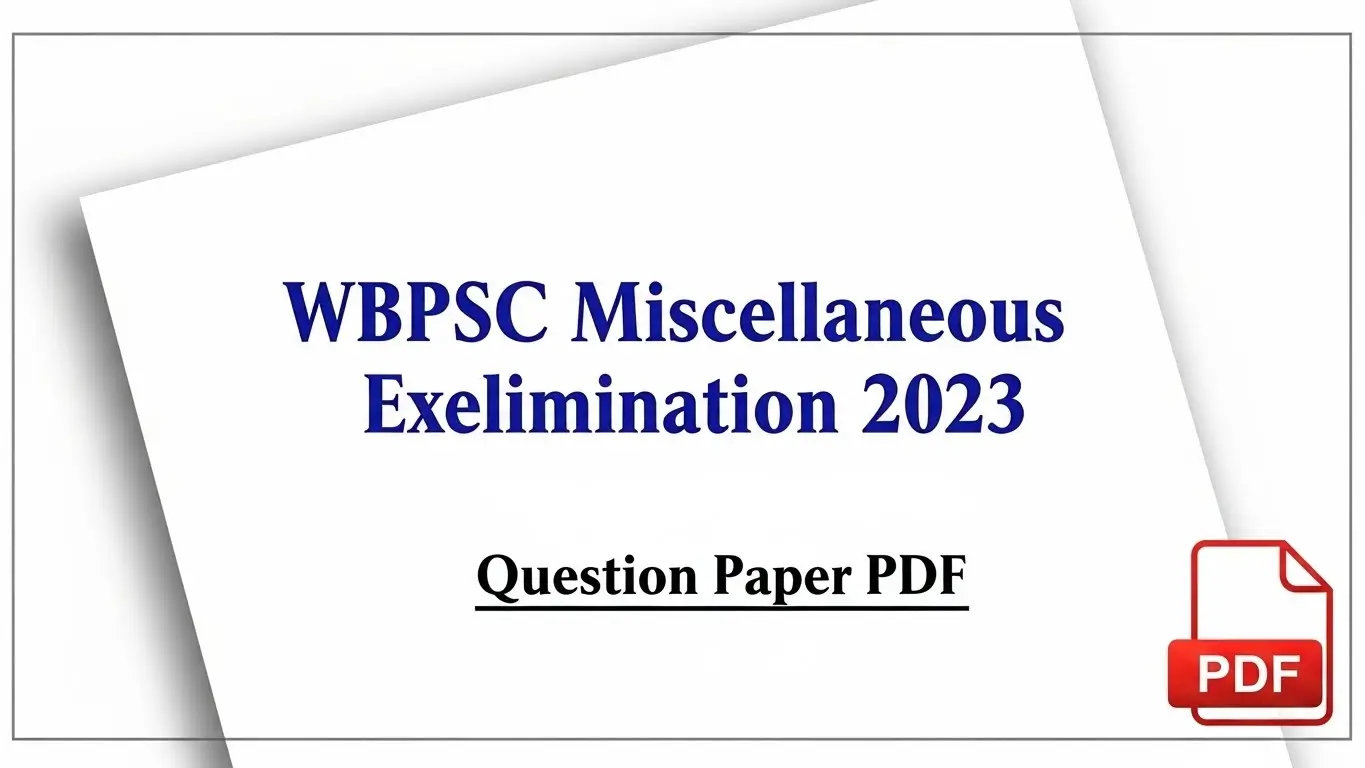Q11. Which Fundamental Right ensures equality before law and equal protection of laws?
a) Right to Equality
b) Right to Freedom
c) Right to Constitutional Remedies
d) Right to Education
The Right to Equality under Articles 14–18 ensures equality before law and equal protection of laws for all individuals in India, prohibiting discrimination based on caste, religion, gender, or place of birth.
Q12. Which Article of the Indian Constitution guarantees the Right to Freedom of Speech and Expression?
a) Article 14
b) Article 19(1)(a)
c) Article 21
d) Article 32
Article 19(1)(a) provides the Right to Freedom of Speech and Expression, one of the most important Fundamental Rights, subject to reasonable restrictions in the interest of public order, morality, and security.
Q13. Which Fundamental Right is known as the “heart and soul” of the Constitution, according to Dr. B.R. Ambedkar?
a) Right to Equality
b) Right to Freedom
c) Right to Constitutional Remedies
d) Right to Education
Dr. B.R. Ambedkar called the Right to Constitutional Remedies the “heart and soul” of the Constitution as it empowers citizens to approach the Supreme Court or High Courts in case their Fundamental Rights are violated.
Q14. Which Fundamental Right was added by the 86th Constitutional Amendment Act, 2002?
a) Right to Equality
b) Right to Property
c) Right to Education
d) Right to Constitutional Remedies
The 86th Constitutional Amendment Act, 2002, inserted Article 21-A, making education a Fundamental Right for children aged 6 to 14 years, ensuring free and compulsory education.
Q15. Which Fundamental Right prohibits human trafficking, begar, and forced labor?
a) Right to Equality
b) Right against Exploitation
c) Right to Freedom
d) Right to Education
The Right against Exploitation (Articles 23–24) prohibits human trafficking, forced labor, and child labor in hazardous industries, safeguarding human dignity.
Q16. Which Article protects the cultural and educational rights of minorities in India?
a) Article 19
b) Article 21
c) Articles 29 & 30
d) Article 32
Articles 29 and 30 guarantee cultural and educational rights, allowing minorities to conserve their culture, language, and establish educational institutions of their choice.
Q17. Which Fundamental Right ensures protection of life and personal liberty?
a) Article 14
b) Article 19
c) Article 21
d) Article 32
Article 21 guarantees the protection of life and personal liberty, ensuring that no one is deprived of these rights except according to a procedure established by law.
Q18. Which Fundamental Right provides for the abolition of untouchability?
a) Article 14
b) Article 17
c) Article 19
d) Article 21
Article 17 abolishes untouchability and forbids its practice in any form, declaring it a punishable offence under law, promoting equality in Indian society.
Q19. The Right to Constitutional Remedies is available under which Article?
a) Article 19
b) Article 21
c) Article 30
d) Article 32
Article 32 provides the Right to Constitutional Remedies, allowing citizens to directly approach the Supreme Court for enforcement of Fundamental Rights.
Q20. Which Fundamental Right allows citizens to form associations or unions?
a) Article 14
b) Article 17
c) Article 19(1)(c)
d) Article 32
Article 19(1)(c) guarantees the Right to form associations, unions, or cooperative societies, enabling citizens to come together for social, cultural, or political purposes.
We hope these Fundamental Rights GK Questions and Answers help you in preparing for your competitive exams like UPSC, SSC, Banking, Railways, and State PSCs. The Fundamental Rights are the backbone of the Indian Constitution, and having clear knowledge about them is essential for every student.
👉 Don’t forget to Subscribe to our YouTube Channel for more GK & Current Affairs to stay updated with important topics.
👉 Also, explore more from our collection of Read More GK Topics Here.
🔗 Suggested Link Texts for Other Posts
- ✅ Check out our detailed Preamble of Indian Constitution GK Questions and Answers – Learn Important Facts for Exams
- ✅ Practice more with Fundamental Rights And Duties GK Questions

